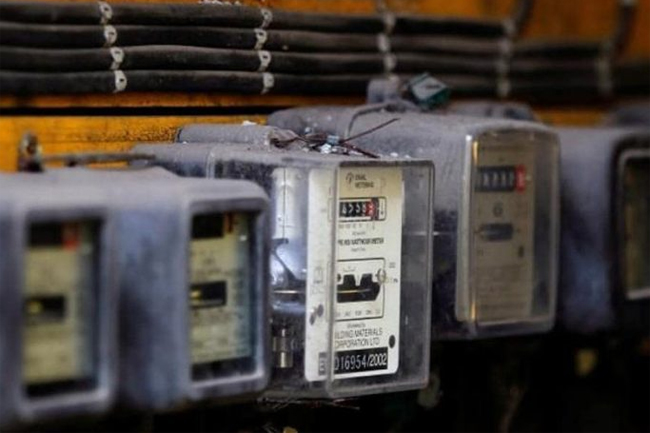Electricity Tariffs Slashed by 21.9% in Sri Lanka: Effective Midnight March 4
In a significant move aimed at easing the financial burden on consumers, the Public Utilities Commission of Sri Lanka (PUCSL) has approved a substantial reduction in electricity tariffs, effective midnight on March 4. The decision, announced by PUCSL chairman Prof. Manjula Fernando during a press briefing in Colombo, reflects a comprehensive review of proposals and cost data submitted by the Ceylon Electricity Board (CEB).
The approved reduction amounts to an overall 21.9%, surpassing the CEB’s initial proposal of 3.4% last January and a revised 16% proposal in February. The decision to further cut tariffs was influenced by public consultations and meticulous reviews of the cost data.
Key highlights of the tariff revision include a significant 33% reduction for domestic consumers using less than 30 units, with tiered reductions for higher consumption brackets. Religious places will also benefit from a substantial 33% tariff reduction. Additionally, general-purpose consumers will experience a 23% reduction, government institutions 22%, and hotel and industry sectors 18%, with street lamps seeing a 20% reduction.
For consumers using less than 30 units, the monthly fixed charge drops from 180 to 150 rupees, accompanied by a unit price decrease from Rs 12 to Rs 8. Similarly, those consuming between 31 and 60 units will see a monthly charge reduction from Rs. 360 to Rs. 300, with the unit price decreasing from 30 to 20 rupees.
In conjunction with the tariff revision, the PUCSL has imposed conditions on the CEB to settle outstanding payments and interest arrears to owners of renewable power plants, including roof-mounted solar power installations, by the end of this month. Furthermore, the CEB is tasked with developing plans to achieve the 2030 target for renewable electricity generation, with a submission deadline set for June 30.
The PUCSL has also mandated the implementation of 13 additional conditions by the CEB, emphasizing a comprehensive approach to sustainable and affordable energy practices.

